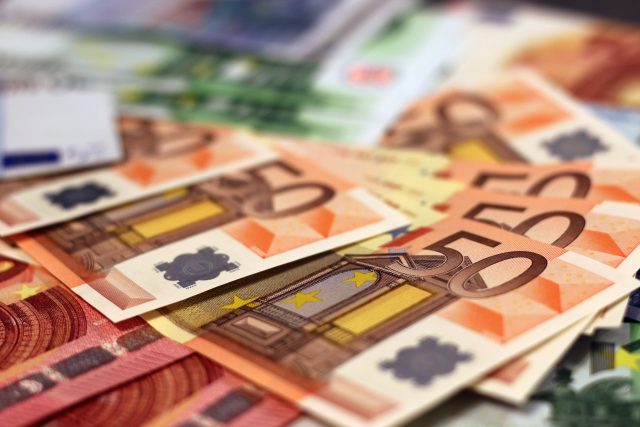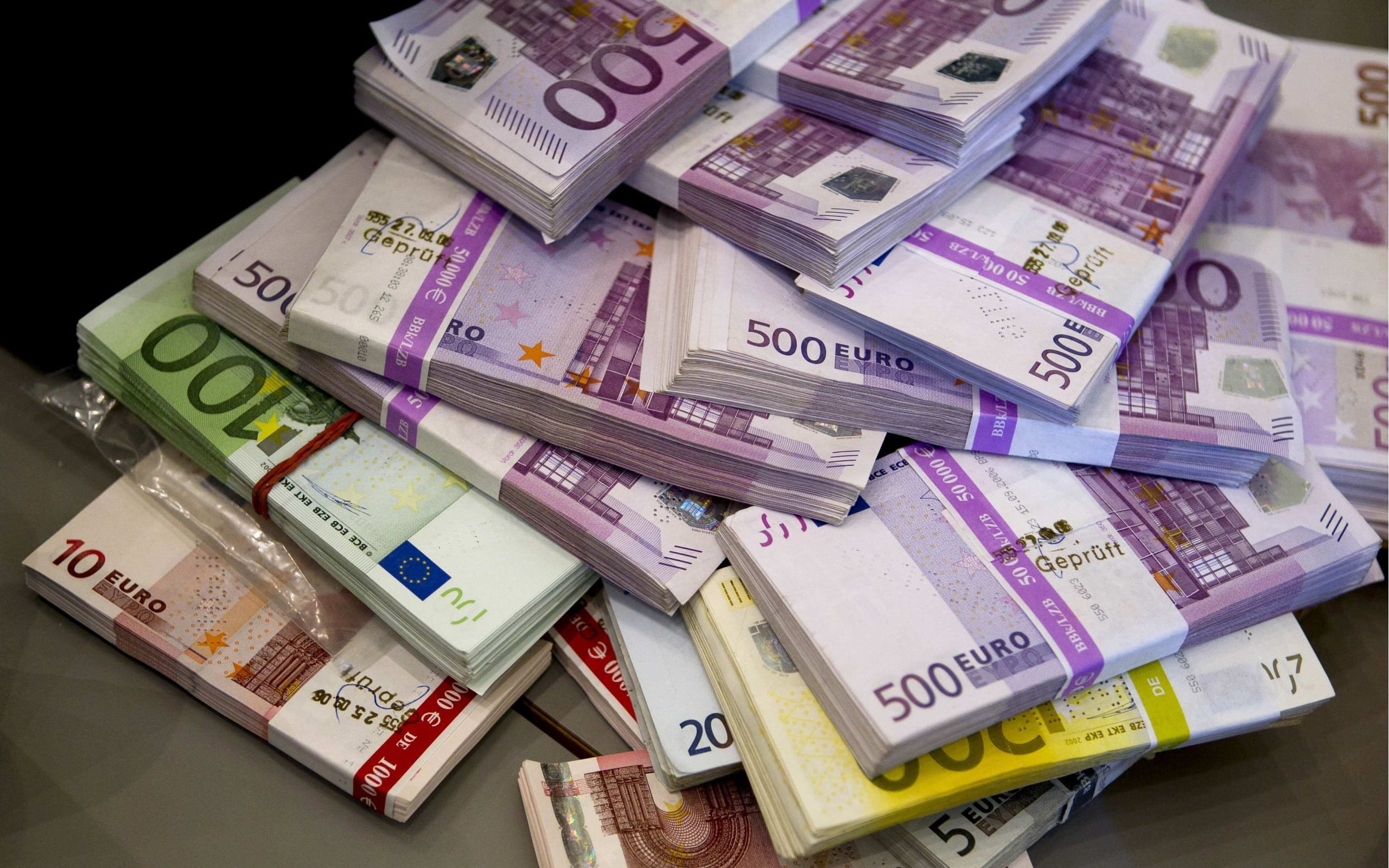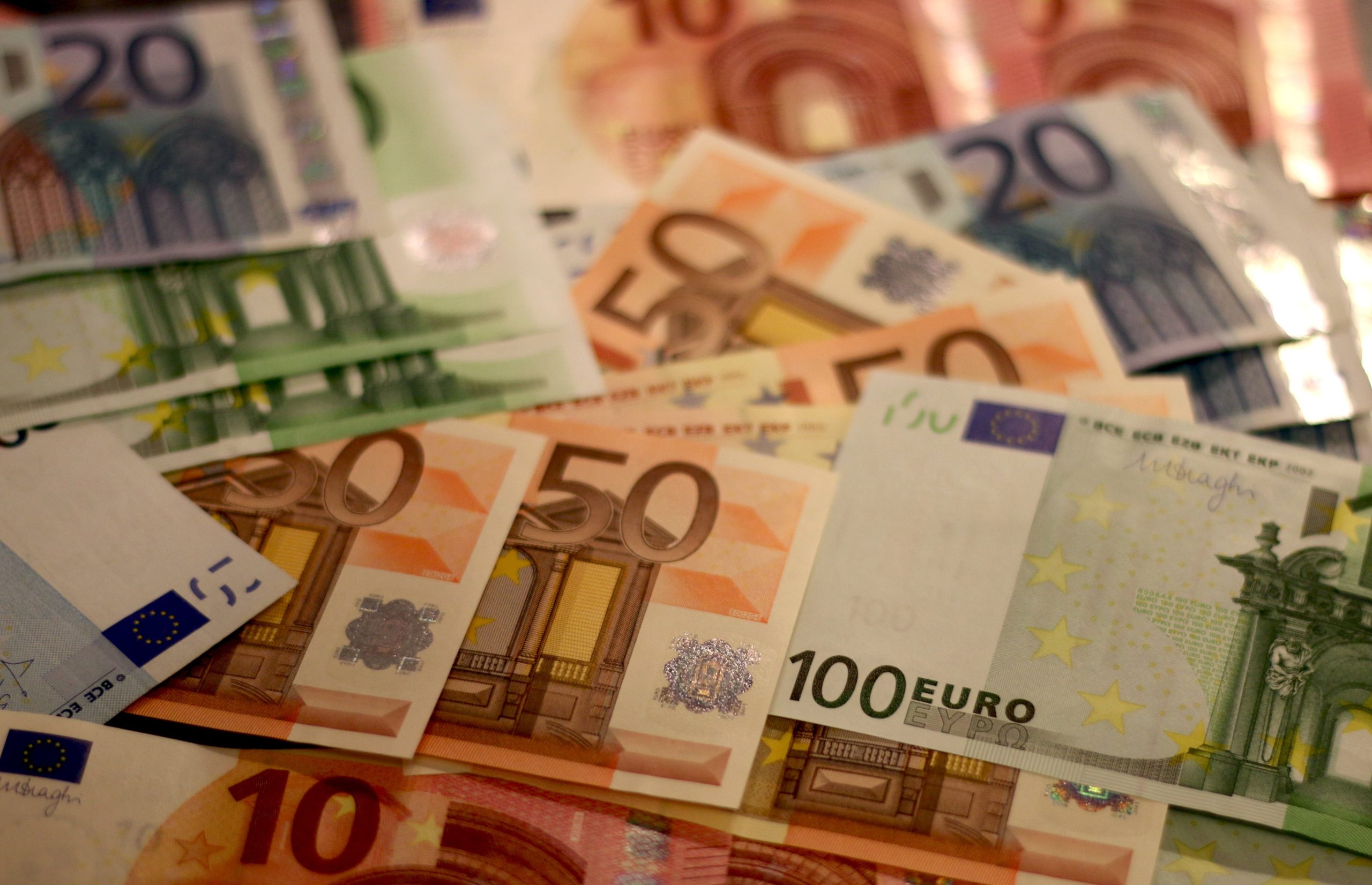
After more than two years of negotiations, the European Parliament and the European Council recently reached an agreement to tighten anti-money laundering and anti-terrorist financing legislation at EU level. Following the “Panama Papers” scandal, European legislation has been adopted in recent years to make it compulsory to control financial transactions over €10000, and from this year there will also be a limit on cash payments up to that amount in the EU. The new directive applicable from this year aims to harmonise national legislation in this area, some of which already have stricter rules than those in the new legislation. In other Member States, however, cash payments are currently unlimited. In Romania, limitations on cash payments have already been in place for several years, and at the end of last year, the PNL-PSD coalition government even attempted to lower the limits on cash payments, some of them to the level provided for in the recently adopted Directive, not yet adopted at that time. Ironically, while it is trying hard to show that it is zealous when it comes to fighting tax evasion and money laundering, trying to introduce some drastic legislative measures, even more restrictive than in other European countries, Romania has in fact remained ‘backward’ in the transposition of the latest Directive, the fifth in the field.
The agreement reached a few days ago is “an important milestone in the fight against dirty money in the EU”, according to EU Financial Services Commissioner Mairead McGuinness. The new legislation tightens anti-money laundering and anti-terrorist financing rules for banks, estate agents and casinos, and expands the category of entities obliged to report irregularities. Newly agreed EU rules also cover those offering crypto-asset services, with even lower limits here. Basically, it introduces an obligation for them to check their customers who make transactions over €1,000 and report suspicious activity. Dealers in luxury goods – precious metals, jewellery and gold work, luxury cars, planes and yachts – will also have to check their customers. In addition, EU countries may include professional football clubs and sports agents from 2029.

At the same time, this new legislation will strengthen the powers of financial intelligence services. In this context, in December the European Parliament and Member States approved the establishment of an EU Agency against money laundering and terrorist financing. In less than a month, the list of countries that want to host the agency’s headquarters includes 9 candidates. Romania has not applied.
Limits on cash payments differ between EU countries
Limits on cash payments currently differ significantly from country to country. For example, in countries such as Italy and France, limits for cash transactions are set at several thousand euros, while in other countries, such as Germany and Austria, there are no legal limits for cash payments. In addition to setting specific limits for cash payments, some EU countries have also introduced additional requirements for significant transactions. For example, for payments above a certain threshold, merchants are obliged to verify the identity of the customer and keep detailed records of the transaction.
In Romania, after the PSD government announced a drastic reduction in cash payment ceilings, following harsh criticism from the business community and experts, it dropped the draft legislation it was ready to approve and kept only the cash threshold and the advance settlement for companies.
Thus, as of the 11th of November, companies can have a maximum of RON 50,000 (€10,000) cash in the cash register and can pay cash advances of up to RON 1,000 (€200)/day. Cash and carry shops will be allowed a maximum of RON 10,000 (€2,000)/person/day, small entrepreneurs can cash in up to RON 5,000 (€1,000)/person/day and a maximum of RON 10,000 (€2,000)/day. Businesses can pay in cash invoices exceeding the ceiling of 5,000 lei (1000 euro) to suppliers of goods and services and 10,000 lei (2000 euro) to cash and carry shops (and what exceeds these amounts can only be paid by electronic payment instruments, i.e. bank transfer). Also, cash receipts and payments made between companies, PFAs (authorised natural persons) and individuals may be made up to a daily limit of 10,000 lei to/from one person. It is expected that a new attempt to lower these ceilings will be met with as much reluctance as the previous attempt by the Executive in Bucharest. On the occasion of the last trial, experts argued that a change to severely limit cash payments would primarily put the large retail chains in difficulty. At the same time, some pointed out that, although there is a culture of card payments in Romania, unfortunately, a significant percentage of people still receive their salaries and pay their utility bills in cash, according to data released by the World Bank.
Half of Romania’s pensioners receive their pensions in cash
In the European Union, Bulgaria leads the EU in terms of employees receiving their salaries in cash, with 27.23% of all employees. In second place is Romania with 24.43% of all employees and in third place is Spain with 14.45%. On the other side of the cash wage collection ranking we have Sweden with 0.1%, Italy with 0.16% and Slovenia with 0.17%.
Another important aspect is the issue of cash pensions. In this ranking, according to an analysis by the World Bank for 2021, Romania ranks first with 49.84% (almost half of Romania’s pensioners receive their pensions in cash), followed by Lithuania with 25.38% and third in this ranking is Hungary with 23.57%. At EU level, only 5 Member States pay pensions in full by bank transfer: Belgium, Estonia, Greece, Slovenia and Sweden.
What are the limits on cash transactions in Europe?
In Portugal cash payments are limited to €3,000. Transactions above this amount can no longer be made in cash. There are also exceptions to the maximum amount that can be paid in cash in Portugal. This includes people who are not resident in Portugal. In this case a maximum cash payment of €10,000 can be made.
Spain in turn has limited cash payments to or from traders to €1,000. For a consumer who is not tax resident in Spain, the cash ban only applies to €10,000 or more. Cash payments are also restricted in France. For taxpayers resident in France the cash limit is €1,000. For non-resident taxpayers the limit increases to €15,000. Cash payments between individuals, for example when buying a car, are not limited, but above €1,500 an invoice must be issued to prove payment.
Legislation in Austria, Sweden, Estonia and Iceland does not provide for a limitation on cash payments. The Netherlands has the same status as Iceland but for cash payments of €10,000 or more, the seller is obliged to carry out a detailed check on the customer. Tiny Luxembourg also has no restrictions on cash transactions. If money laundering is suspected merchants must verify the identity of the customer and inform the competent authority. Traders in Luxembourg are also obliged to keep documents for at least 5 years.
Irish law does not provide for limitations on cash payments, but there may be restrictions in practice. There may be situations where merchants only accept cash up to a certain amount. In Belgium the limit for payments for goods and services is €3,000 but this rule does not apply to consumer-to-consumer payments. In Germany, although there are no limitations in the legislation, anyone wishing to pay more than €10,000 in cash must show some form of identification. The information (name, surname, place and date of birth, nationality and home address of the person in case) must be recorded and kept by the merchant.

Italy has increased the limit for cash payments to €5,000 from the 1st of January 2023. Initially the maximum amount for cash transactions was €2,000. In the case of Norway cash payments between individuals are not limited by law. However, Norwegian law provides for a maximum amount of up to and including NOK 40,000 (approximately €3841) for merchants. Although in Denmark cash payments are limited to DKK 20,000 (approximately €2689), there is no limit for cash transactions between individuals. From the 1st of July 2023 the cash payment limit for all natural and legal persons in Slovakia is €15,000. While in Slovenia merchants are only allowed to accept cash payments up to and including €5,000. Poland had planned to amend its legislation on limiting cash transactions in January 2024. These changes have been abandoned. There is currently no limitation for transactions between individuals.
The limit for cash payments between tax-registered merchants in Poland is PLN 15,000 (approximately EUR 3,300). The maximum amount that can be paid in cash in Latvia is limited to a maximum of EUR 7,200. In Lithuania from November 2022, the cash payment limit for individuals and companies is EUR 5,000. There are no restrictions on cash payments in Hungarian law. However, there is an exception for legal entities, trade associations and individuals subject to VAT, for which there is a cash payment limit of 1.5 million forints (approximately €41,695) per month.
Bulgaria, Romania and Greece also have limitations on cash payments. In the case of Bulgaria the limit up to which cash transactions can be made is around €5,108. In Romania payments to merchants can be made in cash as long as they do not exceed €1,000 per day. For the delivery of goods and services this limit is around €2,033 per day. Greece seems to have the most drastic limitation on cash payments. Greek law limits cash payments to a maximum of €500. A transaction exceeding this amount must be made by bank transfer. There are fairly advanced discussions about a change in Greek law that would limit cash payments to €200. As of January 2023, individuals or companies carrying out a registered activity in Croatia cannot accept cash payments of €10,000 or more.
Strengthening the powers of financial intelligence units in the EU
In 2016, the European Commission presented an Action Plan to strengthen the fight against terrorism, following the terrorist attacks and revelations in the Panama Papers scandal. The 5th Anti-Money Laundering and Anti-Terrorism Directive aimed to strengthen the powers of the EU’s financial intelligence units and provided the tools for them to be able to identify, through greater transparency, the beneficial owners of companies and trusts by creating registers of beneficial owners. It also aimed, among other things, to prevent the risks linked to the use of virtual currencies for terrorist financing and to limit the use of prepaid cards.
Romania failed the European Commission’s scrutiny
Romania has transposed the fifth Money Laundering Directive into law in 2019. However, the European Commission has identified several cases of failure to correctly transpose the Directive into Romanian domestic law. According to EC experts, “incorrect transposition affects, among other things, fundamental issues such as the existence of an effective sanctions regime when incorrect data is entered into the national register of beneficial owners”.
Specifically, the EC criticises the Bucharest authorities for exempting several categories of corporate and legal entities from the obligation to declare their beneficial owners (“beneficial owners”) in a central register, in circumvention of the European Directive. Thus, at the end of last year, the European Commission decided to initiate infringement proceedings by sending a letter of formal notice to Romania.



 Subscribe
Subscribe